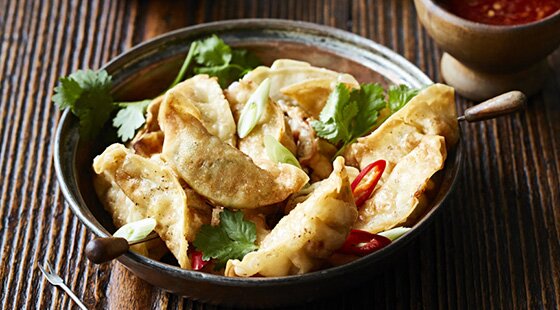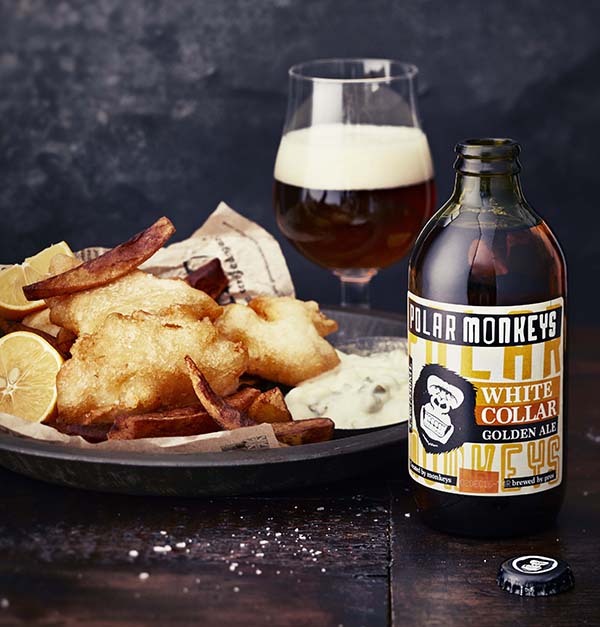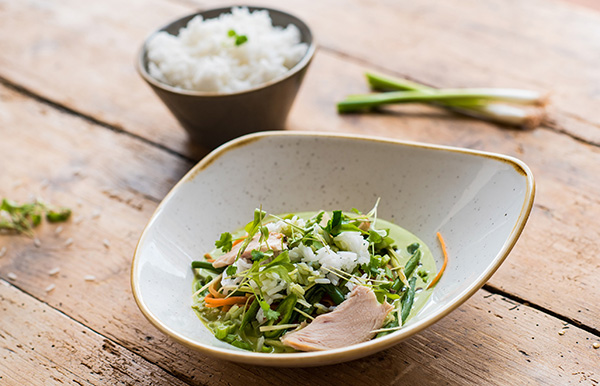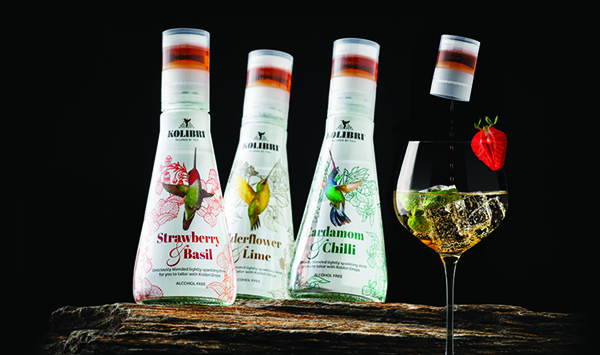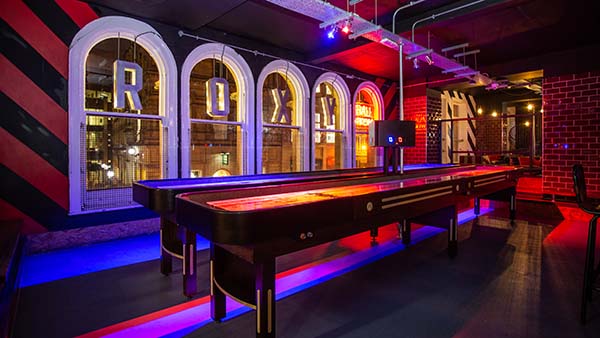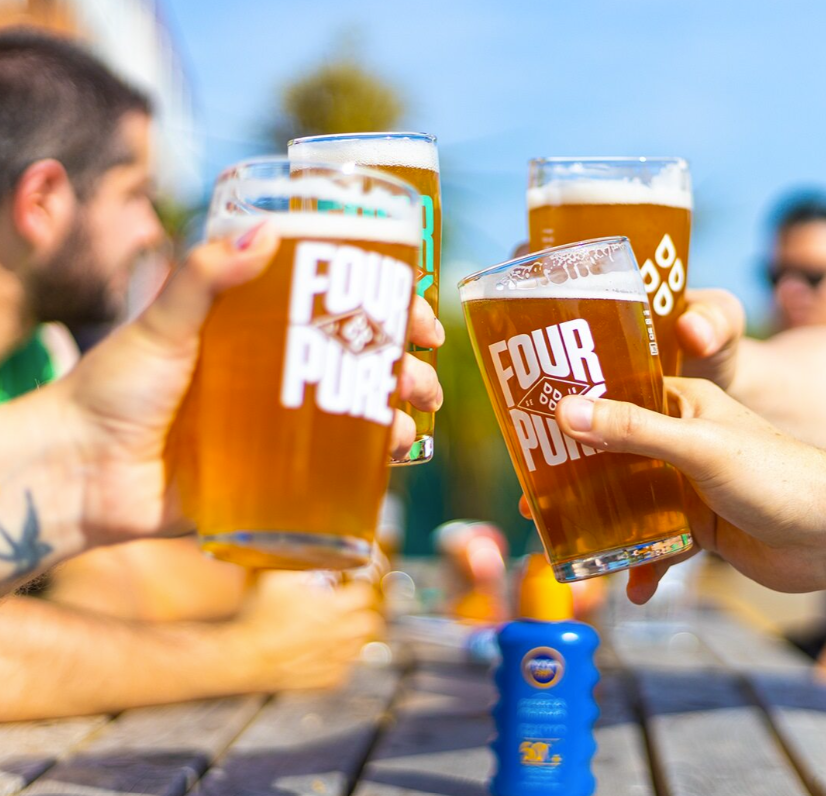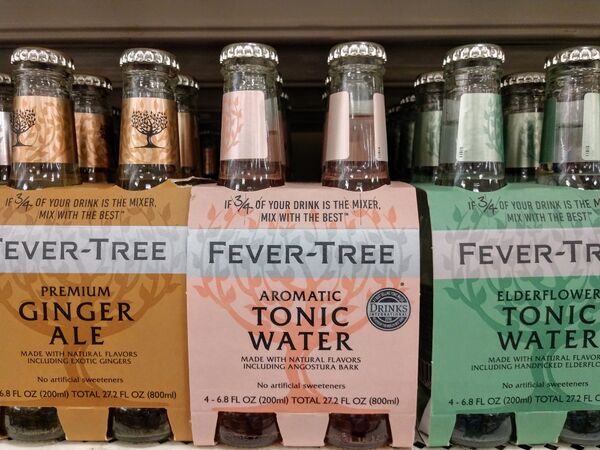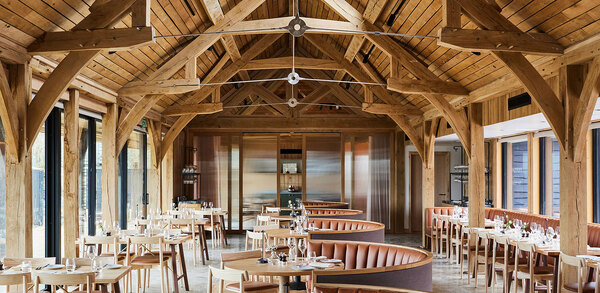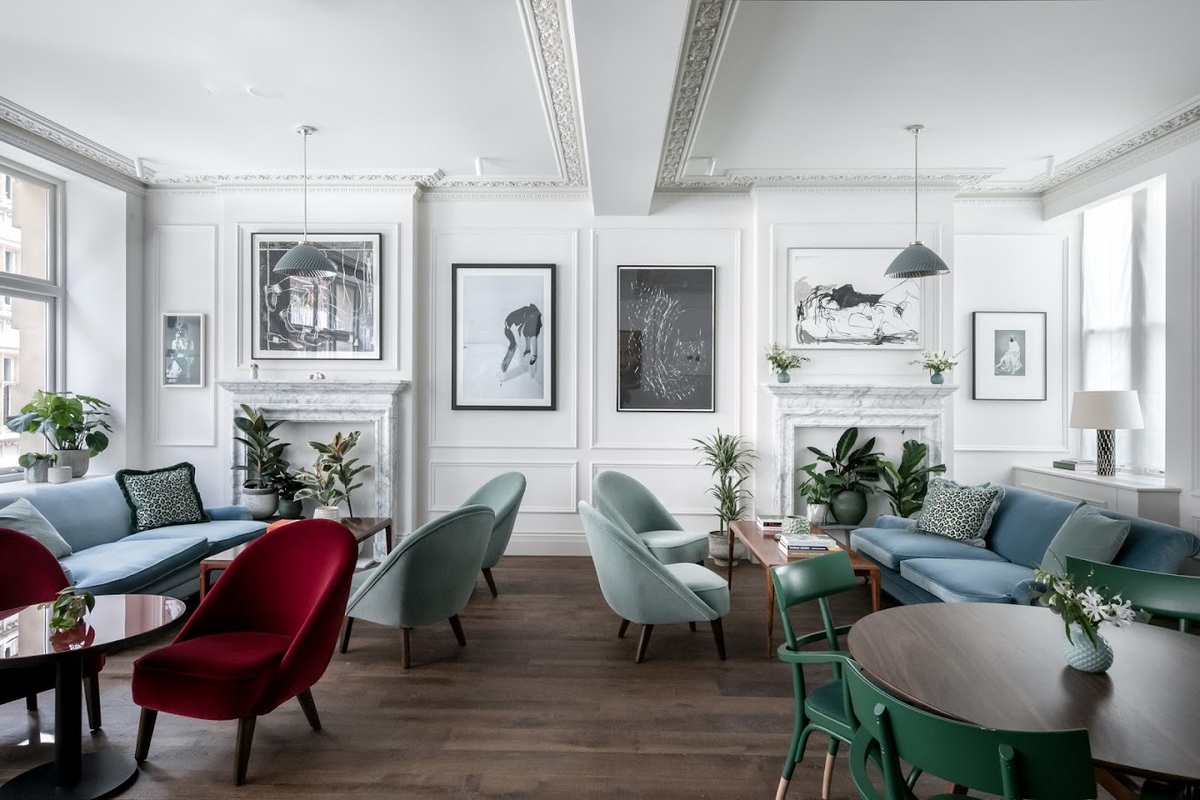Inn fashion: what are the newest pub trends?
Pubs have been trying to find the magic formula for attracting customers, yet have been closing at an unprecedented rate. So what’s the latest food, drink and entertainment that drinkers are looking for in their local? John Porter investigates
On the face of it, the challenges that have dogged the pub sector for the past couple of decades seem as relevant as ever. The Office for National Statistics reported in November 2018 that around a quarter of Britain’s pubs have closed since 2001, with numbers down from 52,500 in 2001 to 38,815, and that smaller suburban pubs were the most likely to have closed.
Figures from consultancy CGA show a 1% increase in licensed premises in high streets in the five years to September 2018, compared to a 7.4% decline in suburban sites, suggesting pub capacity has typically moved into bigger sites with a broader, more ‘experiential’ offer.
The complex tapestry of factors driving these changes has been well aired. As with other hospitality operators, the burden of costs, such as business rates and wages, play a part in closures, but ultimately changing consumer demographics are the smoking gun. People have plenty of choice on where to spend their hard-earned cash, and pubs in the wrong place or with the wrong offer have paid the price.
So it’s perhaps surprising that veteran hospitality analyst Peter Backman believes pubs are better placed than other operators to trade through what is widely expected to be a challenging period ahead. "My thinking is ‘sell the beer’, basically," says Backman. "It’s what people want. They don’t want food in pubs, or at least they’re not as energetic for it as they used to be."
The pub and casual dining sectors "are parallel universes, rather than the same thing," he adds. "Pubs benefit because they’ve got more control over pricing. They’ve got two income streams: alcohol and food." And unlike brands paying high rents to commercial landlords, "they’re not at the vagaries of the property market."
At an operational level, of course, keeping pub customers engaged is about far more than just beer. Anna Clissold, business development manager for community pub specialist Admiral Taverns, says: "Consumer expectations are changing rapidly and pubs must keep pace with their customers to stay ahead. We’re seeing more and more of our licensees launching gluten-free and vegan options to complement their core menu."
Food trends
Food suppliers believe they are stepping up to the challenges of supporting pubs. Deborah Alexander, head of the out-of-home channel for food ingredients producer Macphie, believes pubs with a child-friendly atmosphere and healthy menus will prosper. "A vegan or vegetarian option on your menu will help create a positive view of your credentials. Harvester had a positive lift when it began to offer free unlimited salad, as that hit the trend for healthier eating."
Also seeing the opportunity for "authentic and unconventional meals," is Aimee Davidson, channel marketing manager for Japanese cuisine specialist Ajinomoto Foods Europe. "Chicken karaage [Japanese fried chicken] and gomateba [deep-fried chicken wings with sesame] are perfect for the growing âdude food’ trend. In Japan, gyoza are traditionally served as bar snacks and enjoyed alongside beer while watching sport."
Annette Coggins, head of foodservice at Tilda UK, also points to the Asian food opportunity. "For operators looking to increase the appeal of their Asian dishes and see profits rise, our top tip is to simply swap plain rice for a speciality variety such as Tilda’s Fragrant Jasmine or Basmati & Wild."
All-day dining creates opportunities as traditional meal times become more flexible. Pubs should offer sweet and savoury options throughout the day, says Anna Sentance, gourmet marketing manager at Callebaut UK and Ireland.
"Cross-selling meal deals such as a hot beverage and a croissant or a brownie work well in the mornings or mid-afternoon," she says, highlighting indulgent options such as serving Callebaut’s croissant with chocolate dipping sauce.
Drink trends
When it comes to planning drinks ranges, "consumer tastes are evolving," says Clissold. "They are looking for new, high-quality products that taste great." Low-alcohol drinks are increasingly popular, with low- and no-alcohol beers and spirits complementing "a better quality ranges of soft drinks to encourage customers who are more health-conscious to come to pubs."
Liam Newton, vice-president of marketing at Carlsberg UK, says: "One of the biggest trends in the hospitality sector is quality over quantity - and moderation - and the pub is no exception." The brewer has launched 0% versions of Carlsberg and San Miguel, and, "by 2020, we’ve committed to offering an alcohol-free option in every outlet where we sell alcoholic beer."
He adds: "When people do opt for an alcoholic beer in a pub, they are still drawn to more premium, quality options. Through the great summer in 2018 and the World Cup, it was the quality lager options, such as Carlsberg Export that saw the best performance, up 26.3%."
Craft credentials also continue to be important in alcohol purchases, as customers seek out more interesting experiences. Anders Kissmeyer, brewmaster at Danish craft brewer Theodor Schiøtz, says: "The craft and cask beer offering within the pub and bar sector is often one of the most diverse and varied in the industry, driven primarily by a growing consumer demand for craft beer and small batch brews. "As with wine, different beers suit different food flavours, and with the increase in craft batch brews, customers are increasingly looking for recommendations in this area."
Global Brands has introduced more craft-focused products, such as the Crooked Beverage Co range of craft alcoholic sodas, and Franklin & Sons infused non-alcoholic sodas, developed as an alcohol-free alternative to a cocktail.
Marketing director Jen Draper says: "We’ve seen a trend in consumers focusing more on provenance, natural flavours and quality. They’re much more interested in seeking out new experiences, savouring flavours, trying new tastes and learning more about what they like."
David Begg, founder of the no-alcohol Real Kombucha drinks brand, argues that both non-alcoholic variants of existing brands, as well as conventional soft drinks, are failing to meet consumer needs. "The key to creating a good non-alcoholic menu is to make sure you’re thinking first and foremost about flavour and occasion. Modern drinkers are consuming less alcohol, but they’re also expecting a lot more in terms of quality. There’s no reason why a non-drinker can’t have something adult and exquisite."
Kamila Sitwell, co-founder of alcohol-free brand Kolibri, says: "The primary driver for purchase decisions of drinks will always be âtaste’. However, the health and wellness trends look certain to continue, so bar owners need to ensure that their offerings include a good range of low- or no-sugar drinks that includes both alcoholic and non-alcoholic options."
She adds that as well as more sophisticated and grown-up drinks, consumers are also looking for customisation, reflected in the three-strong Kolibri range, which allows customers to tailor the sweetness of their drink to their own preference. This "appeals to customers who are fed up with current options and want an experience with the ritual and theatre that you would get with alcoholic options."
Ahead of the game
From ping-pong to trampolining, the âexperiential’ trend has driven a range of new concepts. Dafydd Evans, chief executive of shuffleboard specialist Shufl, believes "the pub operators who are winning are those keeping step with evolving consumer demand, offering new entertainment concepts where experience is king."
In response, entertainment-led pub and bar operator Roxy Leisure has installed two 18-foot US shuffleboards at its Roxy Ball Room site in Leeds city centre. The tables generated more than £3,000 in revenue in their first month, without factoring any additional food and drink sales.
Matthew Jones, managing director, says: "We’re all about delivering customer-first experiences and Shufl’s social gaming is the perfect fit. We also love the fact that the game doesn’t discriminate - everyone can play regardless of experience, age, gender or ability."
Backman suggests that pubs need to consider their experiential offer carefully, as consumers can be fickle. His advice is "either be flexible, or go absolutely all out to capture the market. One or the other."
Newton at Carlsberg UK sums up: "The pub is an iconic feature of British culture. Despite the figures detailing closures across the UK, the pub remains the number-one destination for consumers out of home. However, the role of the pub is changing."
Suppliers
Ajinomoto Foods Europe
www.pro.ajinomoto.co.uk
Callebaut
www.fortheloveofchoc.com
Carlsberg UK
www.carlsberguk.co.uk
Dr Oetker Professional
www.oetker-professional.co.uk
Global Brands
www.globalbrands.co.uk
Kolibri
www.kolibridrinks.co.uk
Macphie
www.macphie.com
Real Kombucha
www.realkombucha.co.uk
Shufl
www.shufl.co.uk
Theodor Schiøtz
www.tsbrewing.co.uk
Tilda UK
www.tilda.com/professionals



